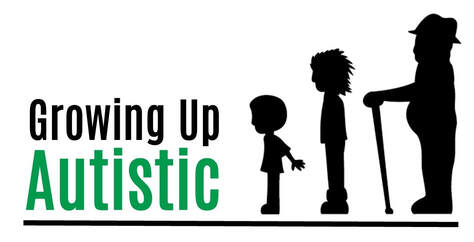
-- by Trevor Pacelli
A decade ago around this time, my high school's drama club had its year-end ceremony celebrating the students' accomplishments throughout the year. At the end of that night, it was time for the club supervisor to announce next year's new officers. At that point, I had nominated myself to be the historian (or photographer), and prepared so vigorously to make sure I was seen as the right candidate for the job. I met with and shadowed the historian at the time, Louise Whitaker, wrote out my speech, gathered materials for it, and even dressed up to show how serious I was about it. To my absolute joyous surprise, after the supervisor said, "the Historian is…" he paused and said my name (albeit incorrectly). I walked right up to the stage to Louise, she congratulated me with the greatest of joy she ever expressed for me, and gave me this blue Styrofoam wand as a memoir of the torch being passed down. I was literally shaking with joy at this moment, this was a monumental achievement in my life that I still am so grateful about.
0 Comments
|
Inspiration for Life with AutismThis blog has a variety of articles about people living life with autism, and topics and ideas that can help in the journey. Guest bloggers are welcome. Inspired by Trevor, a young adult film critic, photographer and college graduate on the autism spectrum. Categories
All
Archives
July 2024
|
Proudly powered by Weebly

 RSS Feed
RSS Feed